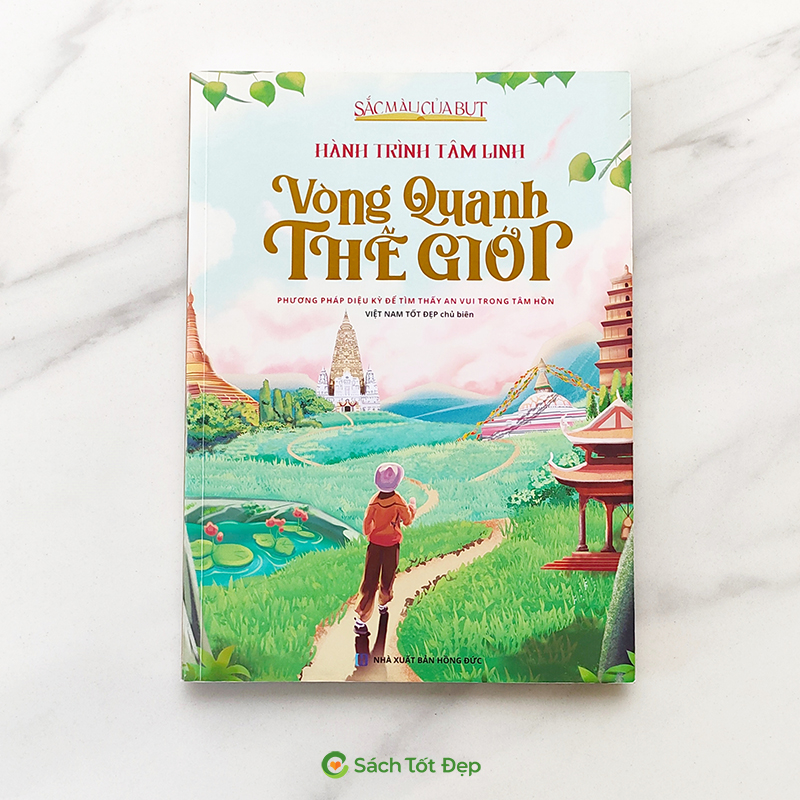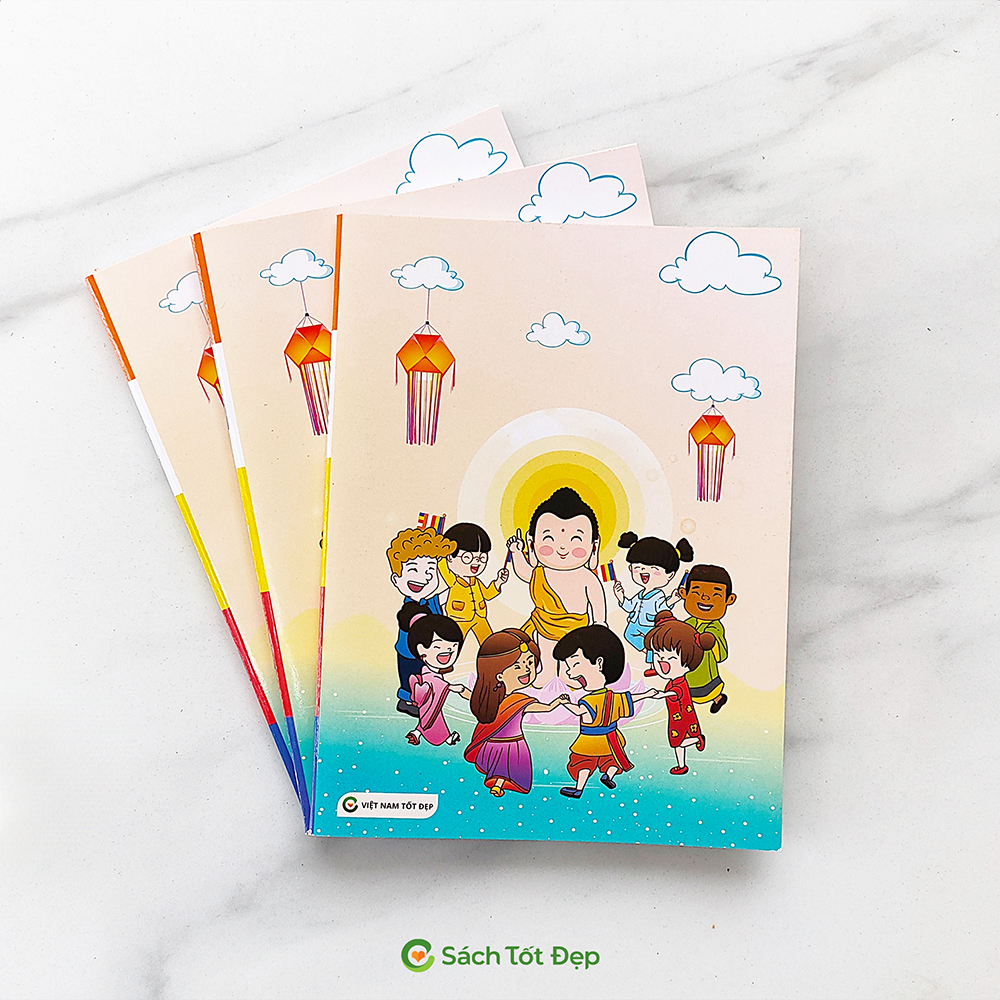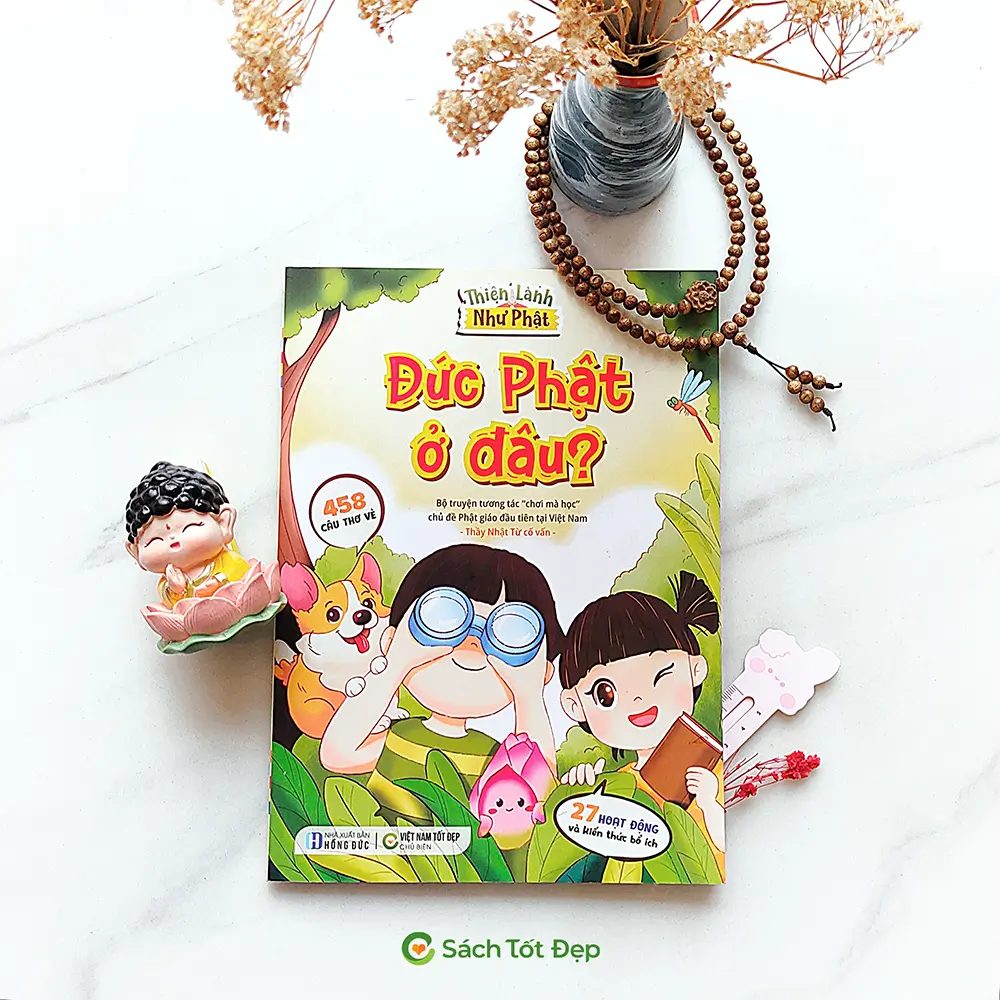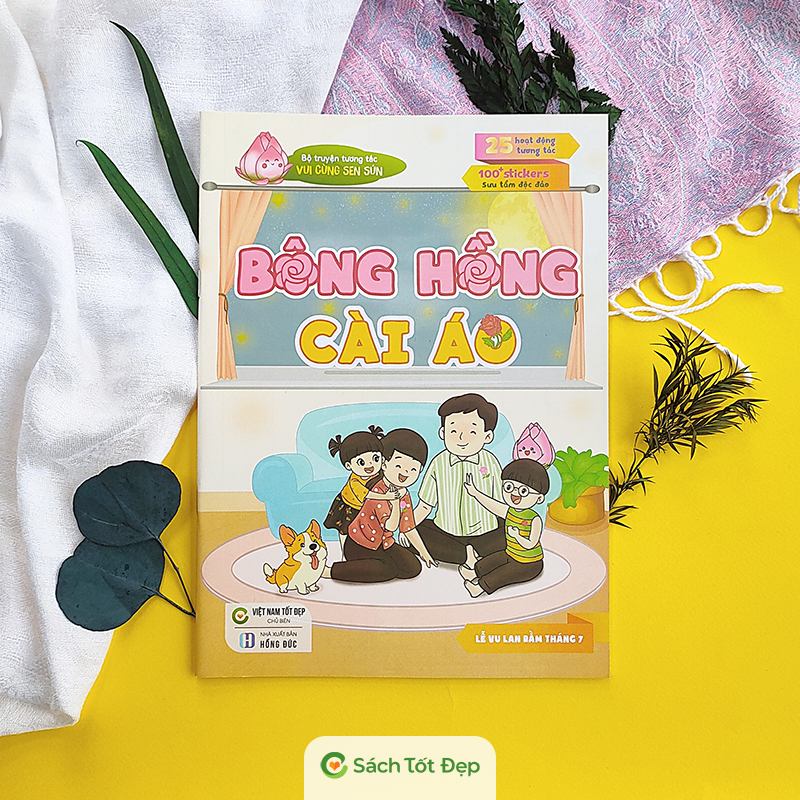The Influence of Religion on Child Development and Education

Alongside promoting filial piety among children towards their grandparents and parents, religious teachings also emphasize the responsibility of parents in caring for and educating their children.
While the family is not the sole educational institution, it is the earliest and profoundly influential environment for the formation of individual personalities.
The family serves as a natural space and a cultural environment for the education of children. From this space, children receive cognitive values, morals, cultural foundations, language, respect, emotions, ideas, critical thinking, and various life skills that are passed down through generations.
Through nurturing and educating their children, families are also the first place where religious faith is imparted to the younger generation. It is through this process that various religions are maintained, strengthened, and expanded within their communities.
Religion plays a significant role in the care and education of children as it is a determinant of family patterns, customs, and culture. Therefore, whether directly or indirectly, religion influences the cultural and educational activities of families in various ways.
Each religion has different forms and impacts on family educational activities.
The Compassionate, Joyful, and Tolerant Beliefs of Buddhism Align with Teaching Children Compassion and Love
Buddhism is a religion that has been present in Vietnam for a long time, enduring alongside the nation’s development and gradually becoming an essential element of its culture. Therefore, Buddhism deeply influences society in terms of perception, ethics, and education.

The foundational philosophy of Buddhism comprises three pillars: Dependent Origination, Law of Karma, and the Noble Eightfold Path. Dependent Origination asserts that all natural phenomena in the human world follow the law of dependent origination, where everything arises and exists due to causes and conditions.
The teachings of karmic consequences in Buddhism reveal that nothing can happen without a cause, and each phenomenon is itself the cause of other phenomena.
In human society, the concept of “”””interdependence”””” is equally important. This aligns with our nation’s ethical tradition of unity, consensus, and resilience against disasters and enemies for survival, independence, and development. This tradition has been passed down through generations in proverbs like “”””Even though different, we share the same root”””” and is imparted to children through lullabies.

Within the Noble Eightfold Path (four Noble truths, also known as Four Holy Truths), there is “”””Suffering,”””” which acknowledges that there are always undesirable events in human life. These undesirable events have, are, and will continue to make people contemplate and worry, causing exhaustion and pessimism.
If people want to live happily and healthily, they need to “”””liberate”””” themselves from the constraints and hindrances of these undesirable events. This aligns with the fundamental content of teaching children about the strength, resilience, and determination of the Vietnamese people from ancient times.
Within the Noble Eightfold Path, there is also the principle of “”””right speech,”””” which means speaking the truth, not lying, and avoiding frivolous speech. Speaking the truth eliminates worry and fear of being discovered as a liar when one speaks the truth. This is highly compatible with the basic content of teaching children in rural Vietnam about proper speech.
Taking it a step further, to liberate humans from suffering due to undesirable events in their surroundings, Buddhism advocates compassion, joy, and tolerance. These paths encourage people to understand one another, put themselves in others’ shoes, seek understanding, and, through understanding, easily forgive, love, and become closer to each other.
The virtues of compassion, joy, and tolerance in Buddhism align with the educational content for children about compassion, love for one’s fellow beings, and, more broadly, love for one’s homeland and nation.

Source: hoadatviet.phunuvietnam.vn
Sản phẩm bạn có thể quan tâm

The Colors of Buddha: A Spiritual Journey Around the World
Coloring book
135.000đ

Tot Dep Notebook 96-pages
Warning: Undefined array key 0 in /home/totdepc/public_html/sach/wp-content/themes/totdepbookstore/single.php on line 357
Warning: Attempt to read property "name" on null in /home/totdepc/public_html/sach/wp-content/themes/totdepbookstore/single.php on line 357
8.000đ

Buddha’s Little Explorers: Where is Buddha?
Interactive book
59.000đ

Let’s play with Sen Sun: Ullambana Festival
Coloring book
28.000đ





